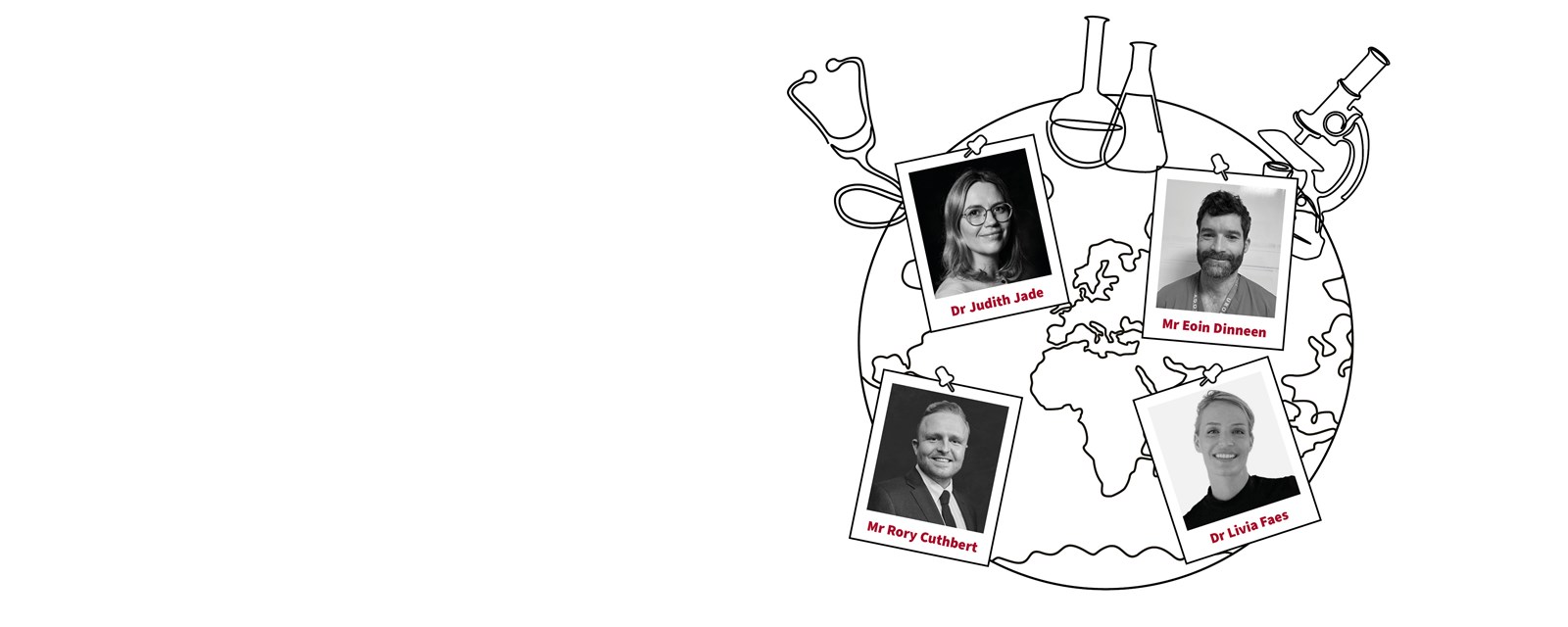
Dr Livia Faes
Ophthalmologist Dr Livia Faes has already embarked on her fellowship year at the Vitreous Retina Macula Consultants of New York, where she aspires to deepen her knowledge in medical retina, ocular imaging and clinicopathological correlation (the correlation of ocular in vivo and histopathology). Dr Faes’ primary objective is to use advanced clinical imaging techniques to unravel the underlying pathology of retinal disease, with a particular emphasis on age-related macular degeneration (AMD). This involves identifying imaging biomarkers and establishing clinicopathological correlations that may guide both prognosis and strategies for preventing vision loss.
Dr Faes commented: “This opportunity will enable me to work hands on with state-of-the-art imaging technologies, drawing novel connections between clinical signs and findings in retinal disease. The ultimate goal of my research is to pave the way for clinical services adept at early detection and intervention, and thereby delay progression of retinal diseases.”
Following the completion of her fellowship, Dr Faes’ academic journey will progress with the continuation of her lectureship at UCL and as a clinical researcher at the National Institute for Health Research (NIHR) Moorfields Clinical Research Facility where she has already secured funding to explore and inform patient care protocols within AMD treatment pathways.
“Receiving the Ellison-Cliffe Travelling Fellowship marks a significant milestone in my career,” she said. “This award provides me with a precious opportunity to broaden my knowledge at a leading centre of medical excellence, sharpening my skills in clinical practice and research in retinal disease. This fellowship enables acquisition of new techniques and insights that will enhance my contribution to the fields of retinal imaging and therapy. It represents a crucial step in my development as a clinician and researcher, positioning me to make meaningful progress in the treatment and management of AMD. For this recognition and the possibilities it unlocks, I am deeply thankful, and look forward to applying what I learn to benefit patients with AMD.”
